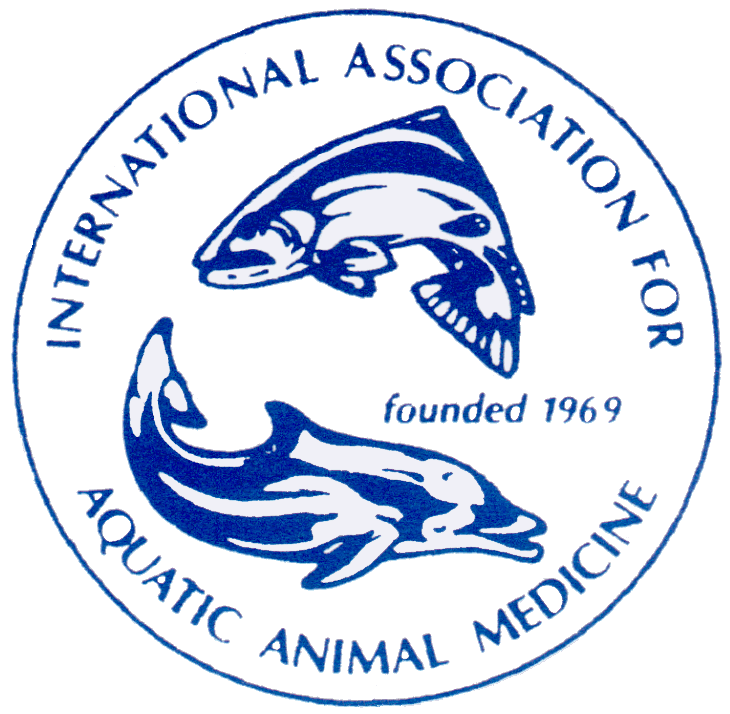June 29, 2013 from ScienceDaily.com
"Immune systems of endangered Galapagos sea lions are in overdrive because of harmful activity by people, reveal scientists from the Zoological Society of London (ZSL).
The study shows that Galapagos sea lions (Zalophus wollebaeki) are more prone to starvation because of exposure to human influences like pets and pollution. These can impair the level of their immunity, making them less able to hunt and more likely to go hungry when food is scarce.
This research is published June 28 in the journal PLOS ONE."

